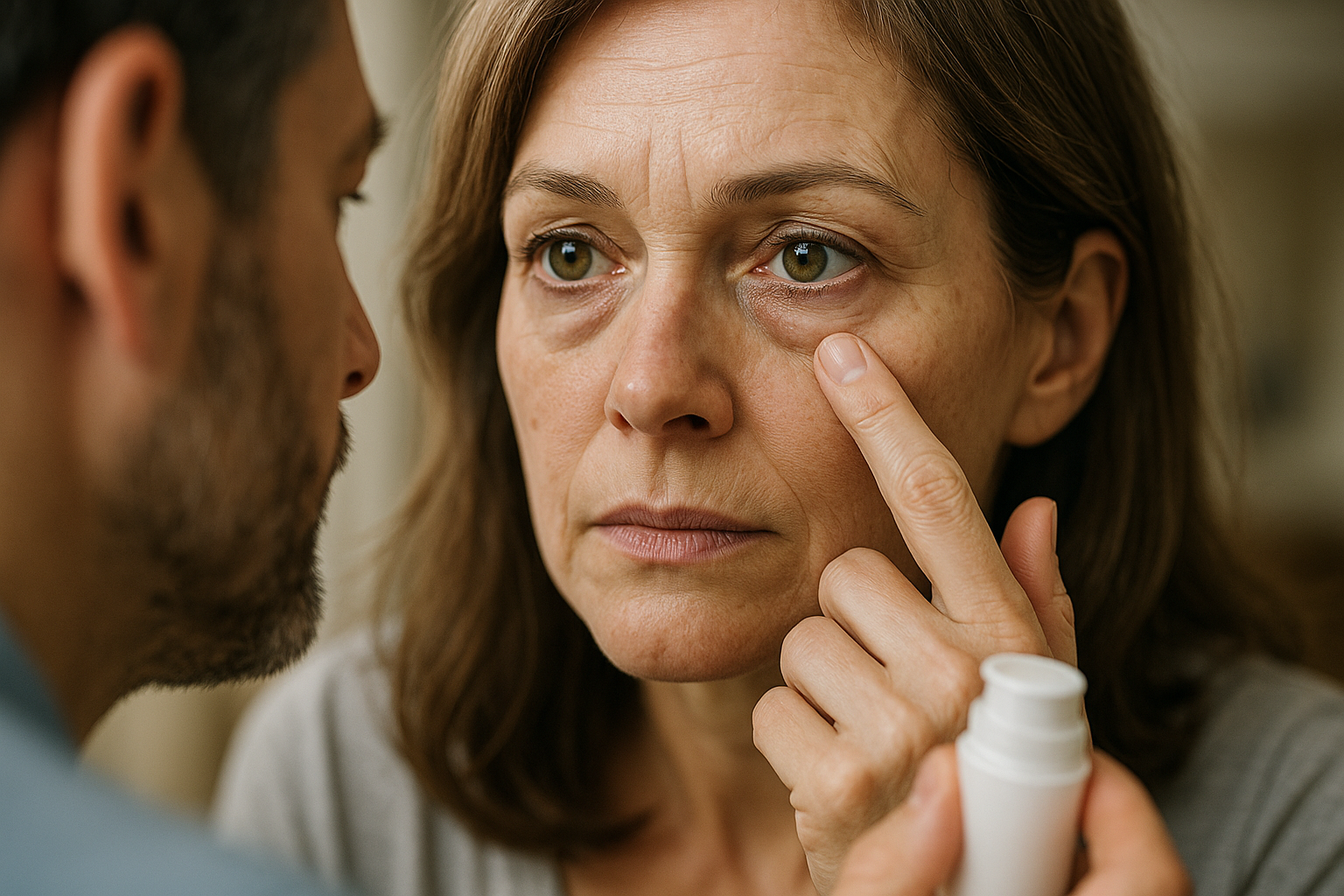Effective Psoriasis Treatment Options: From Medications to Natural Remedies
Psoriasis is a chronic autoimmune condition that affects millions of people worldwide, causing red, scaly patches on the skin. While there is no cure, various treatment options can help manage symptoms and improve quality of life. This comprehensive guide explores both conventional and natural approaches to psoriasis treatment, focusing on medications, creams, and scalp-specific solutions.

What are the most common psoriasis medications and creams?
Topical treatments are often the first line of defense against psoriasis. Corticosteroid creams and ointments are widely prescribed to reduce inflammation and itching. These range from mild to potent formulations, depending on the severity of symptoms. Another popular option is vitamin D analogs, such as calcipotriene, which slow skin cell growth and reduce scaling.
For more severe cases, dermatologists may recommend systemic medications. These include oral retinoids, methotrexate, and cyclosporine, which work by suppressing the immune system or slowing skin cell turnover. Biologic drugs, such as adalimumab and etanercept, target specific parts of the immune system and can be highly effective for moderate to severe psoriasis.
Are there effective natural remedies for psoriasis?
Many individuals seek natural alternatives to manage their psoriasis symptoms. While these should not replace prescribed treatments without consulting a healthcare professional, some natural remedies have shown promise in alleviating symptoms.
Aloe vera gel is known for its soothing properties and may help reduce redness and scaling. Apple cider vinegar, when diluted and applied to the scalp, can help with itching and irritation. Oatmeal baths can also provide relief by moisturizing the skin and reducing inflammation.
Dietary changes may also play a role in managing psoriasis. Some people find that reducing inflammatory foods, such as processed meats and refined sugars, while increasing omega-3 fatty acids from fish or supplements, can help improve their symptoms.
How can scalp psoriasis be effectively treated?
Scalp psoriasis presents unique challenges due to the presence of hair. Medicated shampoos containing ingredients like salicylic acid or coal tar can help remove scales and soothe the scalp. For more severe cases, topical corticosteroids in the form of foams, solutions, or oils can be prescribed to penetrate through the hair to the scalp.
In addition to medicated products, gentle hair care practices are essential. Using lukewarm water, avoiding harsh hair products, and gently removing scales with a soft brush can help manage symptoms. Some individuals find relief by applying coconut oil or olive oil to the scalp before shampooing to help loosen scales.
What role do lifestyle changes play in psoriasis management?
While treatments are crucial, lifestyle modifications can significantly impact psoriasis management. Stress reduction techniques, such as meditation or yoga, may help prevent flare-ups, as stress is a known trigger for many people with psoriasis.
Maintaining a healthy weight through diet and exercise can also be beneficial, as obesity is linked to more severe psoriasis symptoms. Quitting smoking and limiting alcohol consumption are other lifestyle changes that may improve psoriasis outcomes.
How do light therapy and systemic treatments work for psoriasis?
For moderate to severe psoriasis that doesn’t respond well to topical treatments, light therapy (phototherapy) can be an effective option. This involves exposing the skin to controlled amounts of natural or artificial UV light. Narrowband UVB therapy is commonly used and can be done in a clinical setting or at home with proper guidance.
Systemic treatments, including oral medications and injectable biologics, work throughout the body to address psoriasis. These are typically reserved for more severe cases or when other treatments have failed. They can be highly effective but may come with more significant side effects, requiring close monitoring by a healthcare provider.
What are the latest advancements in psoriasis treatment?
Recent years have seen significant advancements in psoriasis treatment, particularly in the realm of biologic drugs. These targeted therapies have revolutionized treatment for many patients with moderate to severe psoriasis.
New biologics, such as IL-23 inhibitors, have shown promising results with fewer injections needed compared to older biologics. Additionally, researchers are exploring the potential of JAK inhibitors, a class of oral medications that could offer another option for those who don’t respond well to other treatments.
| Treatment Type | Example | Key Features | Estimated Cost Range (per year) |
|---|---|---|---|
| Topical Corticosteroids | Clobetasol | Reduces inflammation | $100 - $500 |
| Biologic Drugs | Adalimumab | Targets specific immune responses | $20,000 - $40,000 |
| Phototherapy | Narrowband UVB | Uses light to slow skin cell growth | $3,000 - $5,000 |
| Systemic Medications | Methotrexate | Suppresses immune system | $500 - $2,000 |
Prices, rates, or cost estimates mentioned in this article are based on the latest available information but may change over time. Independent research is advised before making financial decisions.
In conclusion, psoriasis treatment has come a long way, offering a range of options from topical creams to advanced biologics. The key to successful management often lies in finding the right combination of treatments tailored to individual needs. While the journey can be challenging, working closely with a dermatologist and exploring various options can lead to significant improvements in symptoms and quality of life for those living with psoriasis.
This article is for informational purposes only and should not be considered medical advice. Please consult a qualified healthcare professional for personalized guidance and treatment.
The shared information of this article is up-to-date as of the publishing date. For more up-to-date information, please conduct your own research.




